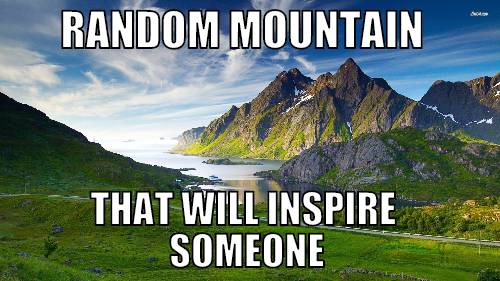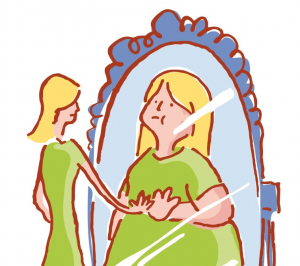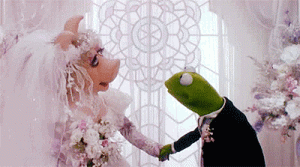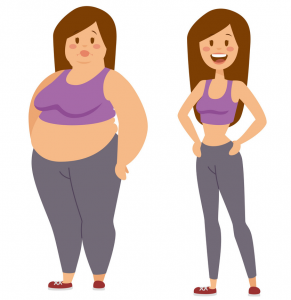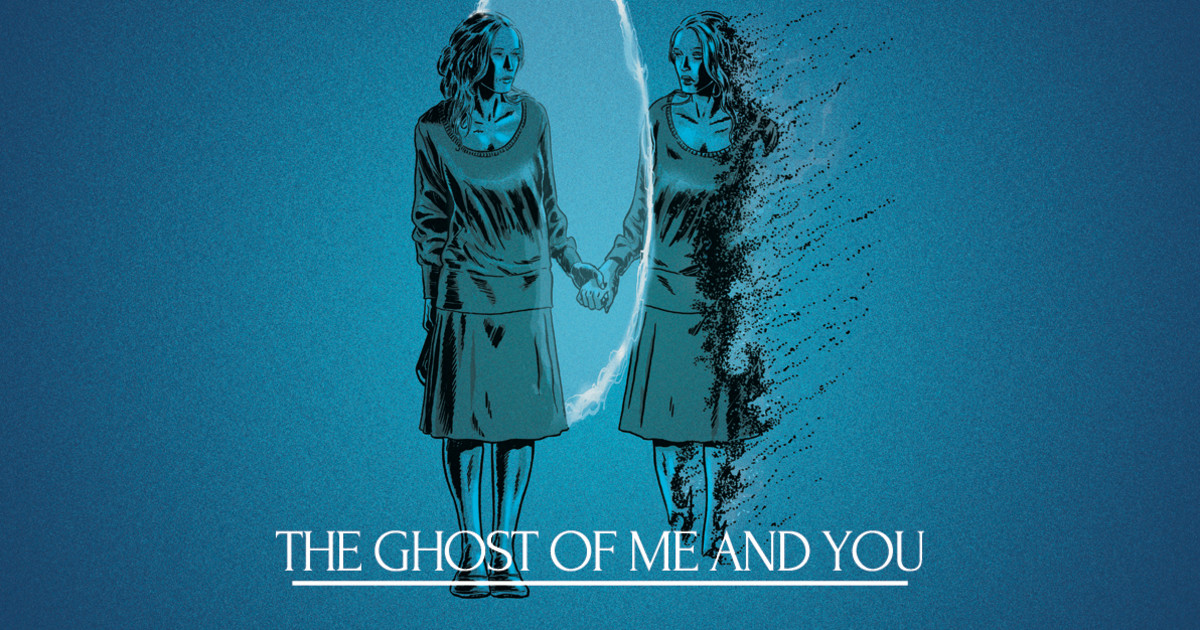Part 1 of 2 — thoughts on the podcast “Tell Me I’m Fat” — This American Life
“Tell Me I’m Fat – This American Life”
Intro: folks, I am off on a trip with a couple of great traveling companions, taking a cruise to the Eastern Carribean, so I’ve written two blog entries to carry over until after my return. Thanks and a shout-out to Megan (you know who you are!) for posting about the podcast mentioned in this two-part blog.
Part 1: A Different World
Author Lindy West (”Shrill”) makes the simple statement: “The way that we are taught to think about fatness is that fat is not a permanent state. You’re just a thin person who’s failing consistently for your whole life.”
Host Ira Glass references Lindy West: “As long as you’re a fat person who’s trying not to be fat, that’s acceptable. That’s a good fat person.”
It occurred to me while I listened to the podcast that I have forgotten much of how it felt to be super morbidly obese. (FYI, that’s anyone with a BMI of 50 or over. I started this journey with a BMI of 67.1.) I remember the big things, but not so much the dread, the constant feeling that I should somehow apologize for being the size I was.
The size of my body was a constant concern, and that’s not even including the health issues I faced. I’m speaking about how my obesity was as much a consideration in every movement as breathing itself; it was inescapable. It not only colored how others viewed me, but how I viewed myself. I had to be constantly aware of how my weight might change my plans, whether it was how far I might have to walk, whether or not adequate seating to hold my body was available, and yes, there was the time we couldn’t consider buying a particular car because I couldn’t sit comfortably in the driver’s seat.
Ira Glass, quoting Lindy West
“As long as you’re a fat person who’s trying not to be fat, that’s acceptable. That’s a good fat person.”
I refuse to say I was totally unhappy as an obese woman; I firmly believe we make our own happiness, and while I dealt with depression and poor self-esteem over the years, I also found joy in many things, including my family, my work, my experiences. I didn’t punish myself and deny myself life’s pleasures. But neither was I capable of living the life I wanted to live. I was healthy and active as a young adult, and I knew damned well what I was missing.
As I ventured through the variety of weights and diets I’ve experienced over the years, with varying amounts of success, I knew that as long as I was making some kind of effort toward losing the weight, I felt a burden lift. It didn’t even matter if I was successful at all; I could tell myself that I was doing something to change my situation. No one else might even be aware of my efforts, but if I wasn’t trying to manage my weight, I felt guilty, as if it was totally fair for the world to expect me to become a better person by getting in control of my weight.
Not only did I feel as if I should constantly apologize for being obese, as if it were a totally selfish act I grabbed for myself, but I knew without a doubt that others were judging me. I could be the largest person in any given room, and yet be totally invisible. I would not demand attention for myself, but I also noticed how often strangers would not look me in the eye.
I remember, once, being at the lake with my husband, and some loud teenagers yelled at me for being a beached whale. That sort of thing, I could always dismiss; I didn’t know those kids, so why would I care about their opinions?
It was the people I had to actually interact with that could leave me feeling like a second class citizen. The store clerks that wouldn’t wait on me. The servers at restaurants that brought out everyone else’s food but had to be asked to bring me mine; the servers that immediately suggested salads, as if they were just trying to be helpful.
I felt as if I was living a lie; I was mentally fat and trying to pass for normal.
– Me, re: losing 140 pounds years ago
When I lost 140 pounds in the span of roughly a year, it was a fast enough loss that the change in how I was treated was extremely noticeable; so much so that I didn’t really deal with it well. Fat isolated me, but there’s also some comfort in isolation. I wasn’t fully prepared for the swinging pendulum of how the world treats fat people as opposed to those who are closer to a normal weight. I am still sure beyond a doubt that my slide back into weight gain after that short success was because I couldn’t fully adapt and cope with how different life is after weight loss.
The changes have been very gradual this time around, and I’ve had many more opportunities to learn how to handle the differences. Before, I felt as if I was living a lie; I was mentally fat and trying to pass for normal. It was a hurdle I never fully jumped. I also admit that I became quite judgmental toward other obese people, becoming as guilty of judging others as those who treated me the same way. I wanted to push myself away from that formerly fat me and act as if that time of my life never existed.
Maybe, then, I wouldn’t feel as if I needed to apologize for my existence. Instead, I could justify it. Not that searching for justification of your own existence is an improvement.
I know a lot more, now. I know that obesity is not a simple matter of overeating; it’s a complicated riot of health issues, genetics, and yes, lifestyle choices play a part, but they are not solely to blame. Just about everyone has a skinny friend who can eat their weight in junk food without gaining an ounce. Despite the diet industry’s continued insistence on CRAP (Caloric Reduction As Primary), none of our existences are as simple a matter as calories in, calories out.
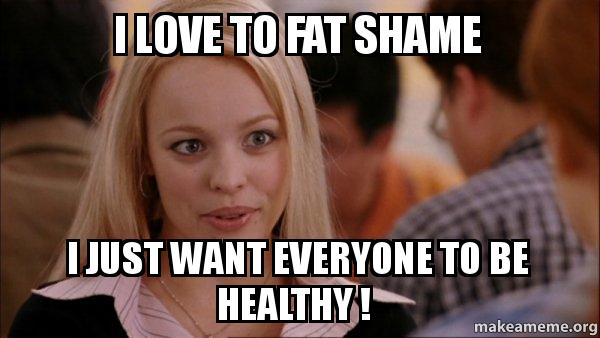
Part of my success thus far has been in nurturing the ability to separate weight control from emotional response. My intrinsic value as a human isn’t measured on a bathroom scale, no matter what the number reads; it’s simply another indicator of whether or not I am caring for my body according to my goals. Diet gurus, fat shamers, and others who demonize obesity rely on that emotional response. It’s a cultural influence, as well; I was raised to believe that carrying excess weight was wrong. I was mislead to believe that being fat is a moral failing, a sign of weakness. In truth, it’s simply a physical state, like any other.
Taken in that light, I reject identifying myself by my weight loss as much as I reject identifying myself by my weight. My old self is not my enemy. I was no less of a person, no less worthy of consideration, when I weighed 371 pounds.
It’s a different world for me, these days; my personal assessments are based more on what I can accomplish, what I add to the conversation, and less about my reflection in the mirror. Perhaps the differences in how I am treated have something to do with how I treat myself and others. I will always live with the echoes of a world that judges the obese unfairly, but I am determined not to rebound those echoes.
Next week – Part 2: Physical Exorcism

